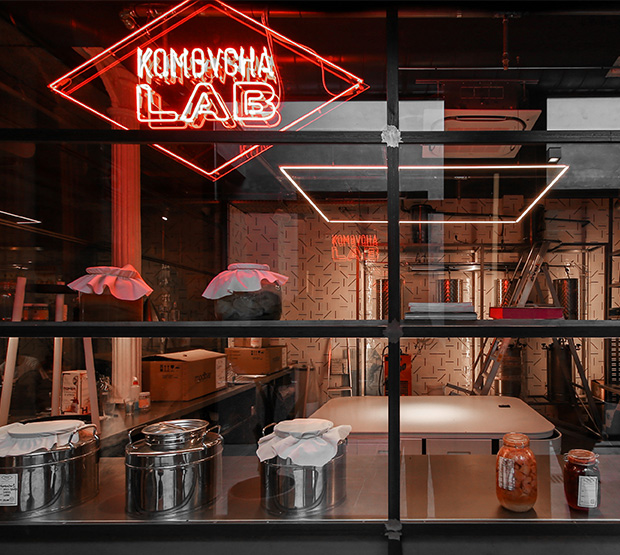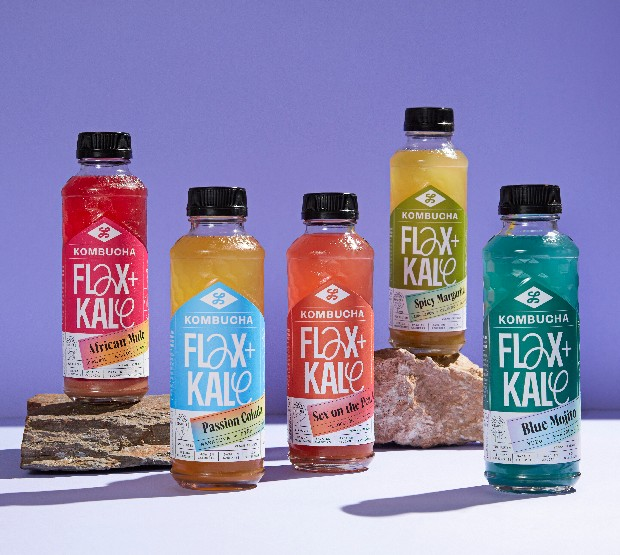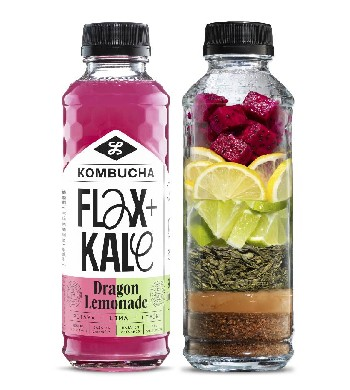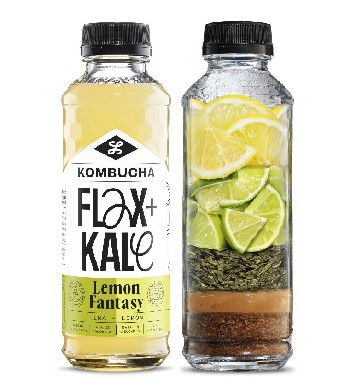After practicing sports, it is essential to carry out an adequate rehydration process to preserve health, guarantee well-being and ensure that physical activity is fully satisfactory and that delayed myalgia does not take overof our life. Now you may wonder, what the hell is deferred myalgia? The well-known shoelaces! Many are the runners who like to have a beer after the race. But is beer the ideal drink? Can it affectnegatively to our performance ?.
Beer and science: myths and truths
Beer is an alcoholic beverage, not distilled, with a bitter taste, the product of the fermentation of a mixture of water, cereals and hops. Its alcohol level is low (between 4% and 6.5% of its volume). This drink usually has acA certain amount of water-soluble vitamins of complex B, especially those of artisan elaboration, since commercial beers, when looking for a completely transparent product, are filtered eliminating the richest part in viwater soluble tamines.
Different media constantly echo news such as: " beer can protect the cardiovascular system ", " beer is ideal for athletes ", " beeris heart-healthy "... It is not the first time, nor will it be the last, in which the headlines of the newspapers, or university reports, explain the multiple benefits behind the moderate consumption of beer and its rrelationship with health. But who sponsors such a foundation?
According to the Beer and Health Information Center, this alcoholic drink, among other benefits, due to its composition -95% is water and low alcohol content.Oolic- ingested in moderate doses can be a complementary drink to water to rehydrate after sports practice. But what do the leading scientific institutions say about it?
Beer contains too little sodium to serve as a replacement sports drink.
Why is beer NOT good for hydration?
- The amount of sodium it contains is less than rehydration drinks. An isotonic drink contains on average 85mg of sodium / glass, and beer a meager 9mg of sodium / glass. Therefore the beer has a contentvery low in sodium to be used as a replacement drink.
- The amount of alcohol that beer contains is one of the great drawbacks as a rehydrating drink, since alcohol produces a diuretic effect (it is orina more), which works against fluid retention for proper rehydration.
- The amount of alcohol also significantly affects both the performance and the recovery of the athlete. Small ingeThese alcohol (from 0.2 grams per liter of blood) have effects on various neuropsychological functions.
Recommendation
If you are a beer fan, after sports practice we would first recommend hydrating and quenching your thirst with water, and then having a couple of glasses of non-alcoholic beer forto supplement hydration. This would be ideal from a strictly healthy point of view. But if we look at it from the playful point of view, having a couple of beers and tapas after running for an hour has social and psychological benefits.s (not optimal for health) difficult to dispute.










